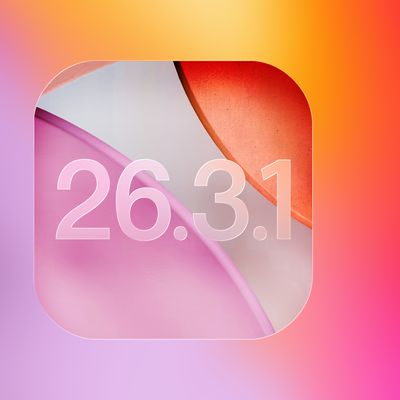Apple Says Original 12-Inch MacBook Will Be Obsolete at End of June
Apple plans to add the original 12-inch MacBook to its obsolete products list on June 30, according to an internal memo obtained by MacRumors. Once classified as obsolete, the laptop will no longer be eligible for repairs or service at Apple Stores and Apple Authorized Service Providers, as parts will no longer be available.

Apple classifies a product as technologically obsolete once more than seven years have passed since the company stopped distributing it for sale. The original 12-inch MacBook was discontinued in April 2016 upon the release of a second-generation model with improved specs, so the laptop recently crossed that seven-year mark.
Introduced in March 2015, the 12-inch MacBook featured a thin and light design that weighed just two pounds, and it was also Apple's first fanless notebook. Pricing started at $1,299, with the original model's standard specs including a 1.1GHz dual-core Intel Core M processor, integrated Intel graphics, 8GB of RAM, and a 256GB SSD.
Key design aspects of the 12-inch MacBook included a single USB-C port for charging and data transfer, an all-new Force Touch trackpad, and a terraced battery design that allowed for a larger battery to fit inside the notebook's thin chassis.
Unfortunately, the 12-inch MacBook was also the first MacBook model to feature Apple's infamous butterfly switch keyboard design, which is prone to failure and was eventually dropped from the entire MacBook lineup after years of complaints and lawsuits. Apple last updated the 12-inch MacBook in June 2017, and it was discontinued in July 2019.
Popular Stories
In his Power On newsletter today, Bloomberg's Mark Gurman said Apple will have a three-day stretch of product announcements from Monday, March 2 through Wednesday, March 4. In total, he expects Apple to introduce "at least five products."
Subscribe to the MacRumors YouTube channel for more videos.
A week ago, Apple invited selected journalists and content creators to an "Apple Experience" in...
Apple's software engineers are testing iOS 26.3.1, according to the MacRumors visitor logs, which have been a reliable indicator of upcoming iOS versions.
iOS 26.3.1 should be a minor update that fixes bugs and/or security vulnerabilities, and it will likely be released within the next two weeks.
Last month, Apple released iOS 26.2.1 with bug fixes and support for the second-generation...
Apple is expected to launch a new foldable iPhone this year, based on multiple rumors and credible sources. The long-awaited device has been rumored for years now, but signs increasingly suggest that Apple will release its first foldable device in 2026.
Subscribe to the MacRumors YouTube channel for more videos.
Below, we've collated an updated set of key details that have been leaked about ...
The special new color that Apple is considering for the iPhone 18 Pro and iPhone 18 Pro Max this year is red, according to Bloomberg's Mark Gurman.
Specifically, he said that Apple is testing a "deep red" finish for the two devices.
If this rumor materializes, it would be the first time that the Pro and Pro Max models ever come in red, and the iPhone 18 Pro models would be the first...
Apple has been developing a more affordable version of the MacBook, and it's rumored to be launching in under two weeks. This is going to be one of Apple's most unique Macs, because there hasn't really been anything quite like it before.
We've rounded up everything we know about the low-cost MacBook ahead of its March debut.
Design
Rumors about the MacBook's design make it sound a lot...






















